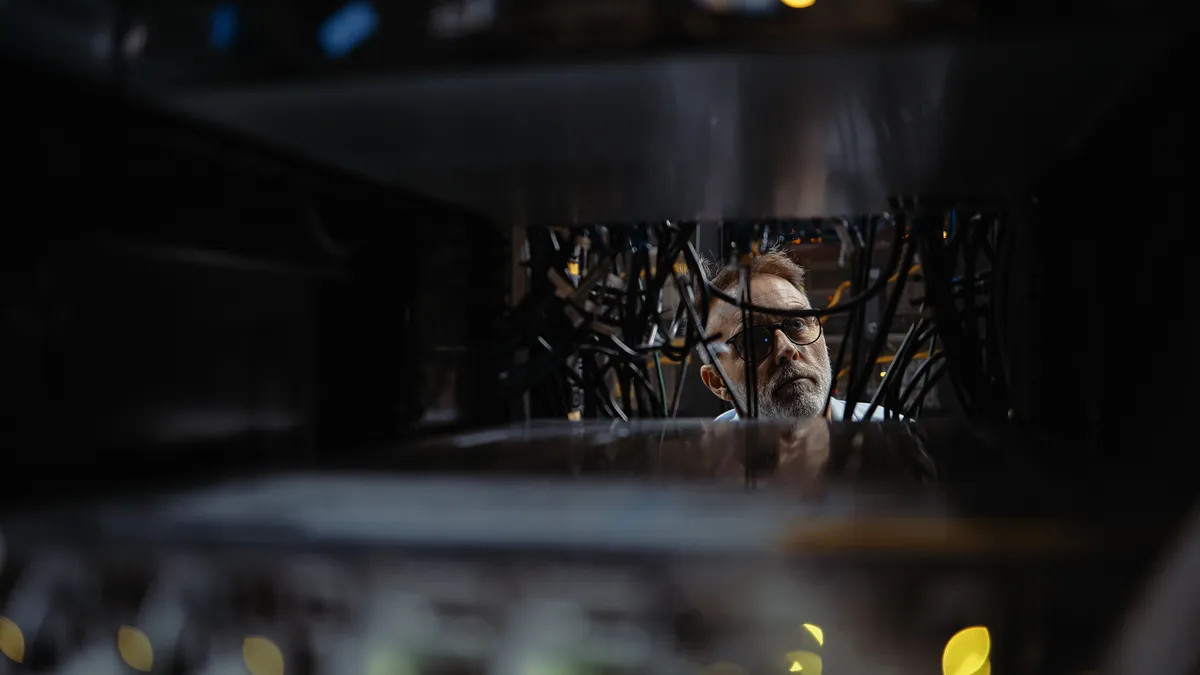Dive Brief:
- More than half of IT professionals, 57%, feel they are only contacted with when something goes wrong, according to an INAP survey of 500 workers who manage IT infrastructure.
- Less than one-third of respondents said their "senior management has clearly communicated a desire to see the IT team more aligned with the goals of individual business units."
- Understaffing and small budgets are a concern for 13% of respondents, while 12% of respondents want their CEO to be aware of time constraints and long hours. Only 5% wish their CEO knew about the difficulty of security.
Dive Insight:
Nontechnical leadership often likes boast the IT workforce is a hub for innovation, but INAP's survey shows IT professionals are still struggling to overcome their back office perception.
The reason IT still struggles to shake the back office perception is "in large part because so much of their success is still defined by the absence of a problem," Jennifer Curry, INAP's Senior Vice President of Global Cloud Services, told CIO Dive in an email.
It's unlikely a nontechnical employee will credit the IT workforce for preventing or mitigating a risk, said Curry. "IT tends to only be noticed when things go awry, which unfortunately misrepresents the overall value they provide the organization."
Having an undefined role in overall business functionality undercuts the ability for IT to see itself as adding to business value. This sometimes comes down to whether or not the CIO is viewed as a tech leader or a business leader, and board representation matters. Only about 65% of CIOs are members of their companies' boards of executive management, down 9% year-over-year.
The long hours that are of concern to respondents are likely due to the tradeoff between "value-added projects," according to Curry. Dedicating so much time to maintenance or fixes takes away from time spent on researching new technologies, application innovation or collaboration with product development teams.
IT's definition deserves an expansion "to encompass more than just hard figures around network uptime and help desk tickets resolved," said Curry. While those fundamentals remain critical, CEOs need to back the role IT plays in how it "qualitatively supports and enables the purpose of the entire business."
Opinions shared by the "ground level" employees regarding IT infrastructure and operations are likely the ones that help make a company innovative, according to Curry. The C-suite has an obligation to listen to those ideas and potentially implement them.













